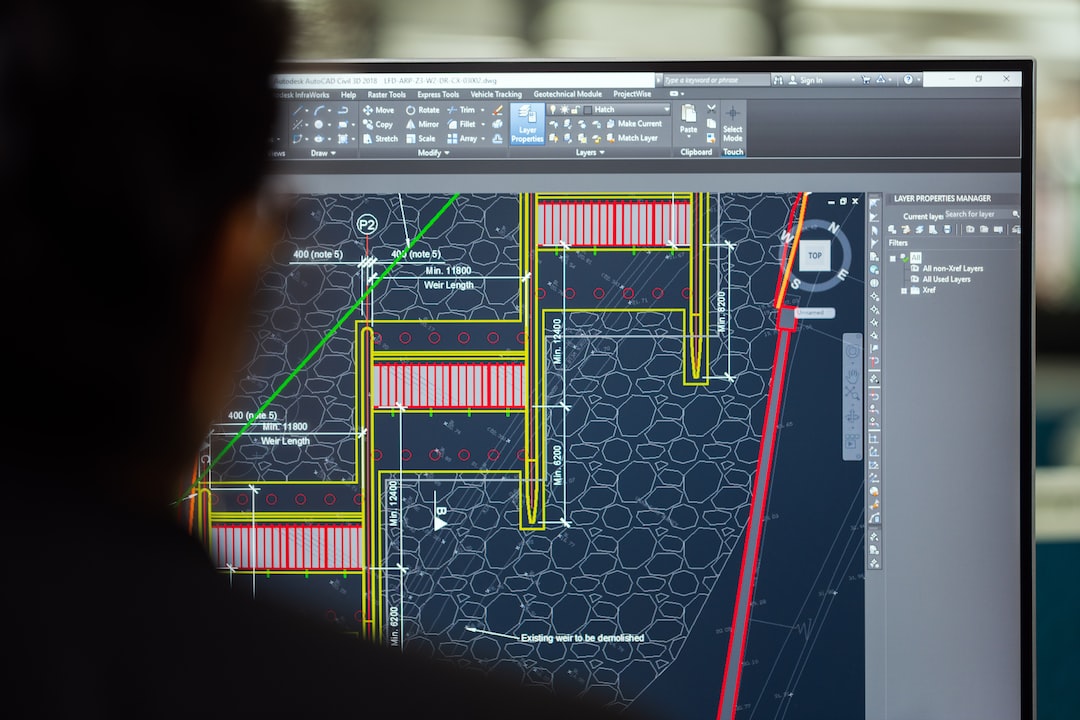The Role of Engineers in Developing Autonomous Vehicles and Artificial Intelligence
In recent years, we have witnessed remarkable advancements in the field of autonomous vehicles and artificial intelligence (AI). These technologies have the potential to revolutionize various industries and enhance our daily lives. Behind these groundbreaking innovations, engineers play a vital role in developing and shaping the future of autonomous vehicles and AI.
One of the core responsibilities of engineers in this field is to design and build the infrastructure and hardware required for autonomous vehicles. From creating sensors and cameras for perception systems to developing advanced algorithms for navigation, engineers are at the forefront of transforming automobiles into intelligent machines. They meticulously work on crafting systems that can accurately sense and interpret their surroundings, making split-second decisions to ensure the safety and efficiency of autonomous vehicles.
Moreover, engineers are continuously striving to improve the machine learning algorithms that power AI systems. These algorithms enable vehicles to process vast amounts of data from various sources, such as radar, lidar, and cameras, to make informed decisions. Through complex programming and statistical modeling, engineers enable AI to mimic human behavior, allowing autonomous vehicles to adapt and respond to ever-changing road conditions.
Engineers also play a critical role in testing and validating autonomous vehicle systems. They are responsible for developing robust simulation environments to replicate real-world scenarios, thereby ensuring the safety and reliability of autonomous vehicles before they hit the roads. By conducting extensive testing, engineers identify potential vulnerabilities and refine their designs, enhancing the overall performance and safety of these vehicles.
Furthermore, engineers are pioneers in integrating autonomous vehicle technologies with existing infrastructure. They work closely with city planners, transportation authorities, and government agencies to develop smart transportation networks that can support the seamless integration of autonomous vehicles into our daily lives. From designing efficient traffic management systems to creating communication protocols between vehicles and infrastructure, engineers are actively involved in shaping the future of smart cities.
Another aspect of their role includes addressing ethical and social implications. Engineers must consider the legal and ethical frameworks surrounding autonomous vehicles and AI. They need to ensure that these technologies are developed and deployed responsibly, prioritizing the safety of individuals and society as a whole. This involves collaborating with policymakers and ethicists to establish regulations and guidelines that govern these technologies’ use.
In conclusion, engineers play a pivotal role in the development of autonomous vehicles and artificial intelligence. Their expertise in designing infrastructure, developing algorithms, testing systems, integrating technologies, and addressing ethical implications is crucial in shaping the future of transportation. As autonomous vehicles become more commonplace and AI systems continue to evolve, engineers will remain at the forefront of driving innovation, making our roads safer and enabling our cities to become smarter.

